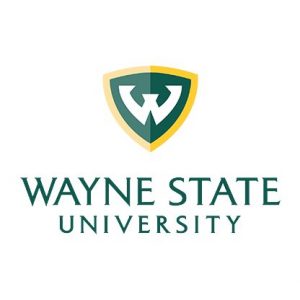Spain has reintroduced restrictions in certain
parts after the country recorded 40% of European mainland’s infections over the
last few weeks. The recent surge in cases is being attributed to the wide
transmission of the Delta variant.
On Wednesday, the infection rate climbed
to 252 cases per 100,000 people, up from 117.2 only a week ago. Surpassing of
the 250 cases threshold has put the country at extreme risk.
Also Read | Pfizer pushes for third COVID vaccine shot as Delta variant drives global outbreaks
Four Spanish regions have worse figures:
Catalonia has an incidence of 556.87, Cantabria 372. 6, Navarre 344.68 and
Castile and León 342.6.
Official data suggest that the Delta
variant accounts for 11% of infections in the four worst-hit areas.
According to Spanish health minister
Carolina Darias, most cases are linked to end-of-term student parties. “One in every 100 cases in 20 to 24-year-olds is admitted to
hospital,” the health minister said at a news conference on Wednesday.
“Interactions
between young people are multiplying…it is very important to ask them for
responsibility but not to hold them responsible,” she said.
Also Read | Multiple dead after small plane crashes in Sweden
People aged 20 to 29 have been hit the
worst in this phase of the pandemic with incidence rate climbing to 814 per
100,000 cases in the last two weeks.
Consequently, the Spanish
government has imposed nationwide restrictions. Catalonia will shut all its
nightclubs from today.
Unlike Germany and
France, Spain’s vaccination programme is still working through age-groups. As a
result, while 89% of the Spanish population above 40 years of age have had at
least one shot, the number is merely 14% for those aged between 20 and 29 years.
Also Read | Wall Street stocks tumble as worries about Delta variant rise
While the Spanish
health minister has asked regions to curb nightlife activities as they see fit,
she ruled out reinstating night curfews. “It’s not on the table,” she said
adding that the administration has pledged 5 million rapid antigen kits to
boost screening efforts.







